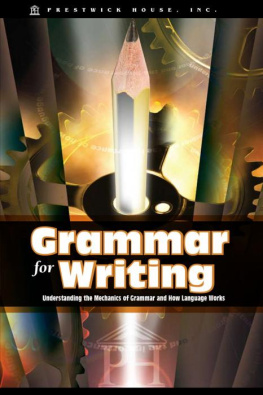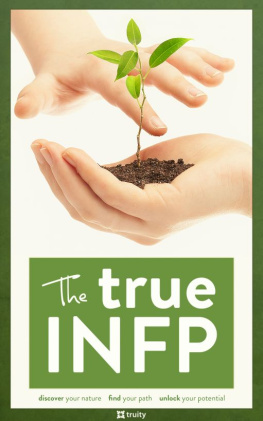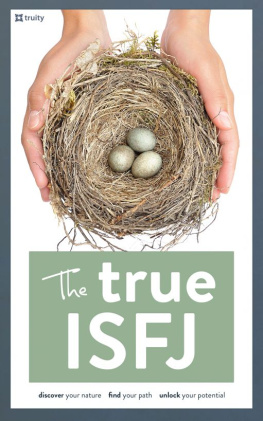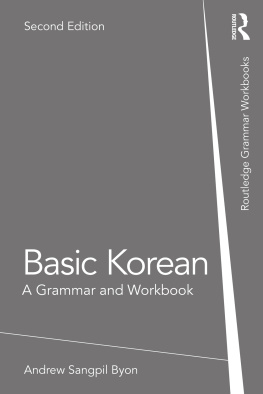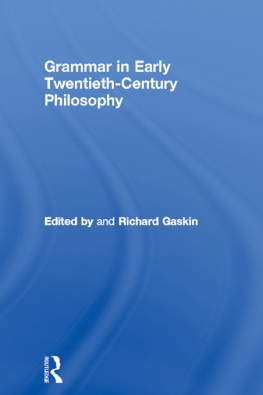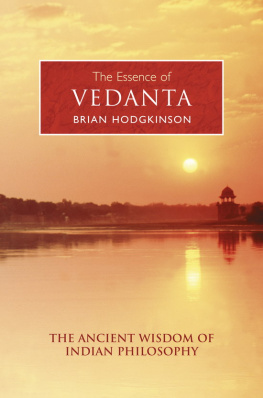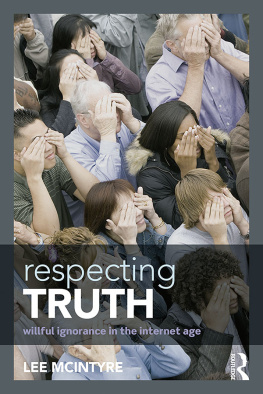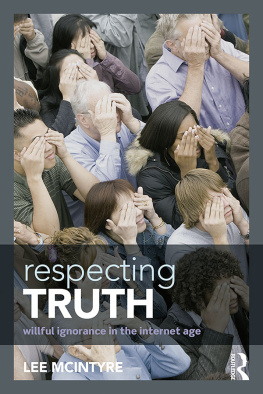Chapter H
Habit
A habit is a tendency to repeat a thought or action. It is to act with a characteristic notion, automatically. We say that travel has a habit of causing ruts in the road. Or, that she has a habit of being curious, or he has a habit of paying his bills late. Habits become benchmarks of character in life. They even come to define us, to represent the sum or our character traits and so reveal the truth about our lives.
Why do we do things the way we do? Is it familiarity? Simple convention? Or, is the subconscious just heavy-handed with us? A man may have a habit of leading with his right hand, but who shakes left hands? Everyone steps out with their right foot first, but are they all basketball players? She is always at the head of the serving line! Maybe she has worms? Habits do make life interesting.
In fact, it is often said that we are but creatures of habit. Habits program us, give us our bearing. They allow us to turn on the cruise control, to think on something else while we are performing an action. And, we all do this without a second thought. If we were pressed to list our daily habits, we would be stunned, lost and confused from start to finish. Just deciphering the day would be a difficult task. In all honesty, it might be a near impossibility!
By making mistakes, or putting forth pure effort, we can indeed correct ourselves. Still, the fact that repetition causes an act to become habit is in itself daunting.
He has a habit of being conservative, that is, he frowns on liberalism. Does this mean that our reasoning is governed by habit? Could it be the result of mere habituation? He always votes Republican, i.e. against liberal Democrats. Always!
However, habit may not be so naive or innocent as it appears. Predisposition may play a role here. While habits give the illusion of bringing us favor, they can also sometimes lead us in a wrong direction. And, they can make us erroneously attribute a certain cause to a certain outcome. If a person has always been tight with money, hesitant to spend and protective of his interests, his conservatism seems to come naturally to him. His nature nurtures his habits.
We observe, for example, that it is odd how such a man gets along with a woman who has liberal spending habits. She is always doing for others, sharing and giving, happy and easy going. He worries, but she doesnt. Are these habits? They seem more like a matter of innate disposition. We are much more apt to tolerate opposite, negative or different habits than to go along with sudden or seemingly irrational ultimatums.
In my youth, I had a habit of dating blonds. Why? Maybe Blonds have more fun! But, I married a brunette. Clearly, habits can be broken!
However, some habits are also nearly impossible to break. Why? Maybe because they have become so entrenched in our psyche? Because they claim control of us, instead of our controlling them? Instead of the habit being the object, it becomes a feature of our subjective life. But that basically amounts to addiction! Or, at very least, to severe dependency on a given way of operating.
Addiction is a habit. What may have begun as an adventure, a welcome change of venue and may initially have been done consciously, innocently, chosen and become habitual. Is the NN/NN Syndrome, (nature/nurture-nurture/nature) at work here? i.e., Did nurture nature and nature nurture in such a situation? Maybe it is only a variant on it. But, still, the fact that the development of certain habits precedes addiction ought to give us pause for thought.
This fact alone should make us mindful of our habits and cause us to examine our behaviors. Habits are clearly related to behaviors so they can be either good or bad. How can one value both the good and the bad aspects of habits? Can we judge ourselves in this arena, or is it better to have others for assessment? Needless to say, this is where habits become very interesting.
The Adversity of Diversity Law specializes in defining the truth of every diverse subject. So, to come to a clear understanding of the connection between our habits and our character, all we have to do is factually define the functional progressions of the habit. As the Law states, The proper adverse function sustains the subject in truth while the improper does not. The truth of need becomes key to assessing our resolve. This is similar to the law of supply and demand: If these are in balance, the subject is sustained in truth, if not, the excess functional progression renders the opposite polarity.
Where there is function, activity and life, there will be habits. No creature is perfect in his or her conduct or manner of living. How well we observe the habits of plants and animals. In fact, some are known by name! We refer, for example, to climbing roses, sun flowers and spear grass.
There are also physical influences where the development of habits is concerned, i.e. they ensure that there is the potential for them to develop. It could well be that habit drives evolution. The mind, its environs or habitat and the relationships in which one becomes involved (relations with all other life forms!), all of these, taken together, nurture habit. And again, the Adversity of Diversity Law is denominative of all change. Where they are allowed to develop, habits grow like weeds unless they are resisted, i.e. the wise gardener attends to regular hoeing and spraying.
Just as the Adversity of Diversity Law defines the truth of the habit, it is the law that reveals it to be either a good or bad one. A safe policy is always a moderate response to a given need. Taste the food before eating it!
It can be reasonably assumed that primordial man had certain habits: hunting, fishing, eating, etc. in a given manner. But there are also sociological habits, cultural habits and habits of dress, as well as habits of expression, respect and curiosity; similarly for ceremony, order and worship. Languages developed from habitual ways of structuring our thought processes, so grammar represents essentially certain habits. Habits of word usage lead to the development of styles of speaking, a fashion trend was initially someones habit. And, we all have seen how fast a good habit can spread and become a hit!
It is a documented fact that, when a person thinks on a given subject long and often enough, that that thought takes on a reality of its own. A person also sometimes lives out his or her fantasies. Personally, I have known people, who believed they were living in a state of grandeur, when, in fact, their lives were very much run-of-the-mill. They were, indeed, controlled by their habits of thought.
In this discussion of habit, I would be remiss in not focusing on its rational aspect as well. The habits of rational beings are probably the most profound, so, clearly, we do set our priorities, even that is done only the subconscious level. Habits of mind can truly come to define our thought processes. Our mind and our powers of reasoning should always be free, unbiased and open to new insights, definitely not burdened with bad or weak habits or subject to negative polarities. It is the very nature of reasoning that it is free of bias, and biases are the result of sloppy thinking habits. The essence and object of reasoning is truth. If we could but commit ourselves to it first and foremost, true reasoning might follow. We might begin to become habituated to thinking correctly about things. Only truth gives universal oneness to all.
Mans customs, cultures and religions are but products of his living habits. Customs are but collective habits which have coalesced into convention over time. And, the progressive development of habit vivifies custom so as to beget culture. Mans religious expressions become collective habits of thought as well and these solidify into doctrine. Variations in human spirituality testify to this. Collective habits become the stones on the path of religions progress. The era which assigned a God for every subjectthe age of polytheismwas the result of collective habit. However, it, too, became transformed into mans present habit of belief in one and only God (monotheism).


